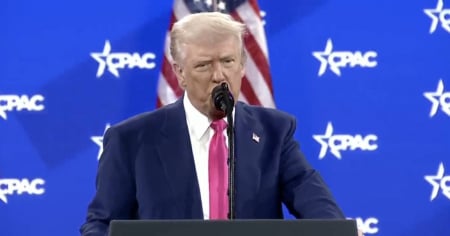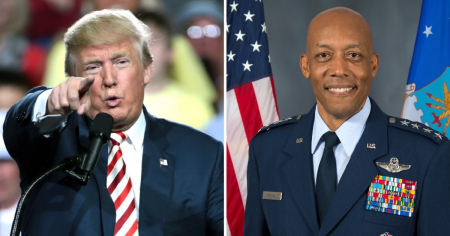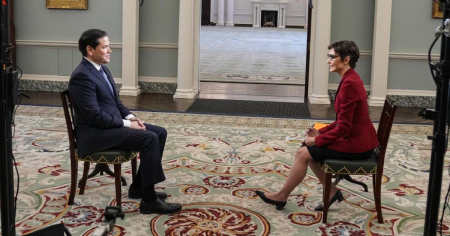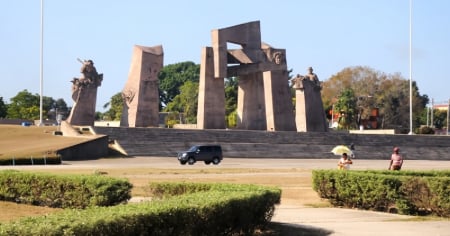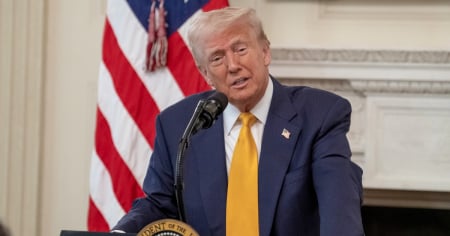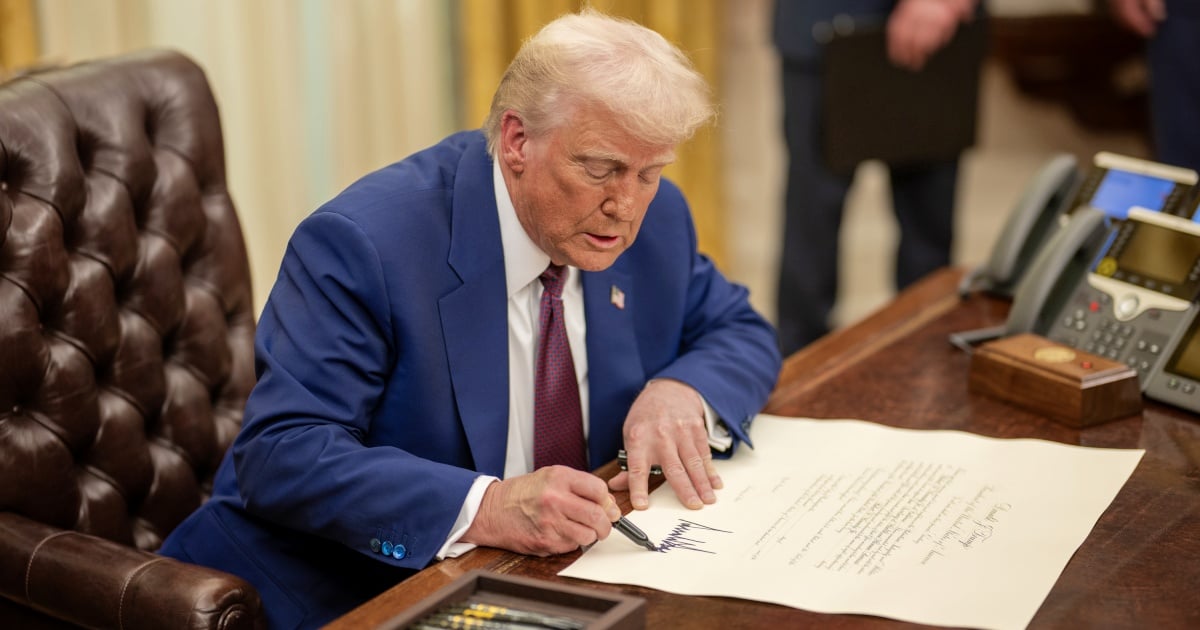
Related videos:
The President of the United States, Donald Trump, signed an executive order this Friday aimed at restricting access to American technology by countries he considers "foreign adversaries."
The measure directly affects countries like Cuba, China, and Venezuela, and focuses on strategic sectors such as artificial intelligence, semiconductors, and advancements in biotechnology.
According to the official document, the leader justified the decision by stating that "economic security is national security", emphasizing the need to protect the technological infrastructures of the United States against external threats.
Cuba, Venezuela, and other countries labeled as "foreign adversaries"
The executive order formally identifies China, Hong Kong, Macau, Cuba, Iran, North Korea, Russia, and the “regime of Venezuelan politician Nicolás Maduro” as “foreign adversaries,” according to the text's details.
Trump emphasizes in the document that it is necessary to protect the sensitive infrastructures and technologies of the United States, including those related to artificial intelligence, semiconductors, and advancements in biotechnology.
The restrictions, however, do not specify concrete measures, leaving the possibility of future actions open.
Focus on China and its technological influence
The executive order places special emphasis on China, arguing that companies linked to Beijing have used investments in U.S. territory to gain access to key technologies, a situation that, according to the Trump administration, poses a direct risk to national security.
Furthermore, the U.S. government believes that the Chinese regime has been using American technology to modernize its military apparatus.
Since his return to the White House on January 20, Trump has announced various trade restrictions aimed at balancing the trade deficit and exerting pressure on countries like Mexico and Canada regarding issues related to immigration and the fight against drug trafficking.
Regarding China, the president imposed a 10% tariff that adds to the rates already applied during his first term (2017-2021).
These measures are in addition to the previous restrictions implemented by his predecessor, Joe Biden, who limited exports of semiconductors and artificial intelligence technology to China.
In response, Beijing implemented export controls on graphite, a material essential for the production of electric vehicle batteries.
Reactions and potential international consequences
Experts in international politics have expressed their concern about the implications of these measures on the diplomatic relations between the United States and the affected countries.
Some analysts warn that the restrictions could provoke trade retaliation and increase geopolitical tensions, affecting global economic stability.
In particular, China has been quick to respond to previous sanctions, implementing export controls on strategic materials such as graphite, which is essential for the electric vehicle industry.
The reactions in Washington have been mixed.
While some Republican lawmakers have praised Trump's decision, seeing it as a necessary step to "curb foreign influence on critical technologies," other experts in economics and technology have warned of potential negative effects on the innovation ecosystem in the United States.
U.S. tech companies may face challenges in accessing certain international markets, which would impact their competitiveness and development capacity.
Despite the criticism, the Trump administration insists that these measures are essential for protecting national security interests and preventing strategic technologies from "falling into the hands of hostile actors."
Frequently Asked Questions about U.S. Technological Restrictions on Cuba and Other Countries
Why has the United States decided to restrict access to its technology for countries like Cuba?
The United States has decided to restrict access to its technology for countries like Cuba to protect its infrastructure and sensitive technologies from external threats. The Trump administration believes that economic security is directly linked to national security and aims to prevent critical technologies from falling into the hands of "foreign adversaries."
What technologies are affected by the restrictions imposed by Trump?
The restrictions imposed by Trump focus on strategic sectors such as artificial intelligence, semiconductors, and advancements in biotechnology. These technologies are deemed critical for the national security of the United States.
How does this executive order affect the international relations of the United States?
This executive order could heighten geopolitical tensions and provoke trade retaliations from the affected countries. China, for example, has already implemented export controls on strategic materials in response to previous sanctions. The restrictions could also negatively impact the competitiveness of U.S. tech companies in the international market.
Which countries have been formally identified as "foreign adversaries" by the U.S.?
The executive order from Trump formally identifies China, Hong Kong, Macao, Cuba, Iran, North Korea, Russia, and the regime of Nicolás Maduro in Venezuela as "foreign adversaries." These countries are regarded as a threat to the national security of the United States according to the official document.
Filed under:

